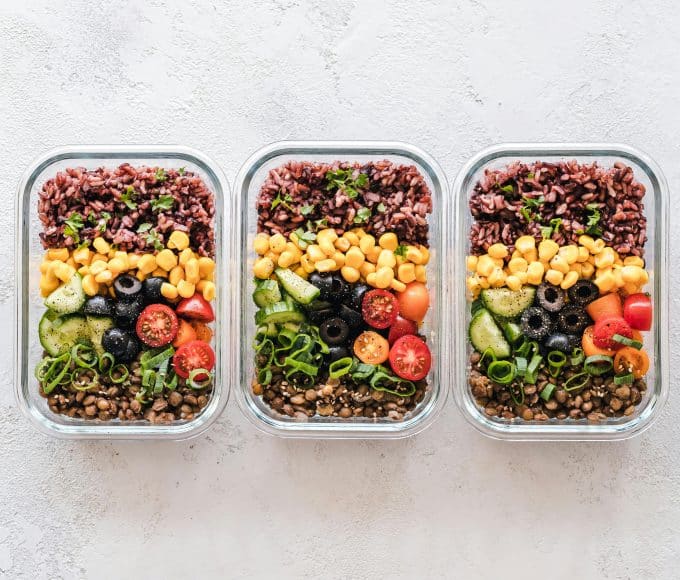Diet plans saturate the fitness and wellness world, promising to improve our health and satisfaction. The truth is that no single diet will work for everyone. Your body is unique, and therefore your diet should be unique. When you approach dieting as eating intentionally per your body’s unique needs, the idea becomes more manageable and healthier. Learn how to find a diet that works best for you below.
Understand Macro- and Micronutrients
The foundation of any effective diet lies in understanding macro- and micronutrients. Macronutrients include proteins, carbohydrates, and fats, all of which play pivotal roles in fueling your body and supporting various bodily functions. Meanwhile, micronutrients, such as vitamins and minerals, are equally important for maintaining health and preventing disease. Grasping the roles and importance of these nutrients allows you to make informed choices about what to include in your diet to ensure it is balanced and fulfills your body’s requirements.
Do Your Research on Different Diets
Before you can identify the diet that works best for you, commit time to research the myriad of diets available. To be clear, we’re not suggesting you do this to find one and stick to it. Your research should be with the goal of understanding why different diets exist and how their approach might be beneficial for your health. From plant-based diets to ketogenic plans, each has its benefits and potential drawbacks depending on individual health goals, medical conditions, and lifestyle factors.
You might see some of the benefits of a high-protein, low-carb diet like the keto diet but want to modify it. Likewise, you might feel drawn to a vegan diet but are allergic to foundational plant-based protein sources like tofu. By understanding the principles and outcomes associated with different diets, you can find ones that resonate with your personal preferences and nutritional needs, borrowing and adapting them to yourself.

Prioritize Your Unique Needs Above All Else
On the topic of adapting to yourself, prioritize your unique needs above all else. Consider your lifestyle, any existing health conditions, and your specific health goals. A diet that works wonders for one person might not yield the same results for another due to differences in metabolism, food sensitivities, and daily energy expenditure. For instance, you should avoid certain foods if you have diabetes, but these foods could be very nutritious for individuals without diabetes. Customize your diet plan by considering your individual factors to ensure it supports your overall well-being and allows you to achieve your desired health outcomes.
Understand Why You’re Committing to Intentional Eating
Understanding why you’re committing to intentional eating can significantly influence your success. Whether your goal is to improve heart health, lose weight, or enhance physical performance, having clear, health-driven motivations will help you stay committed to your chosen diet. And remember—a diet is simply what you eat. It’s not a rulebook meant to restrict your food choices; it’s a set of guidelines meant to foster your health. By remembering your goal and staying positive about your food choices, you can stay committed to finding the diet that works best for you.















